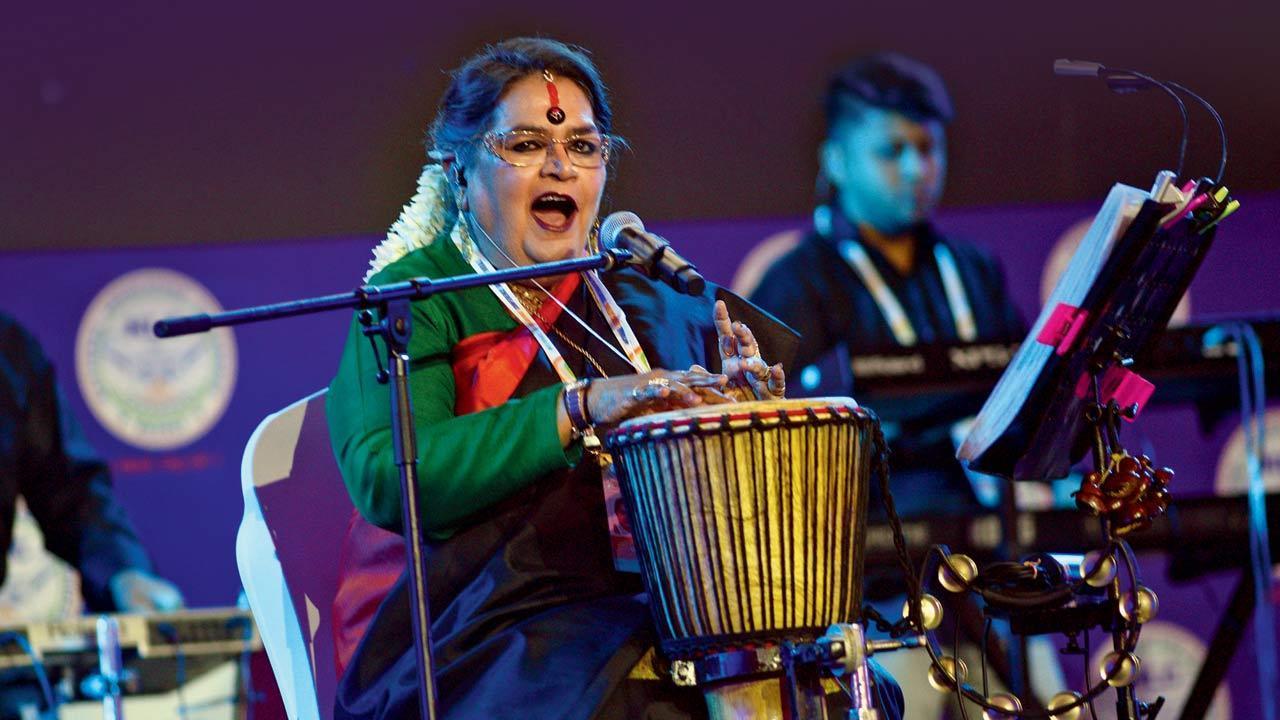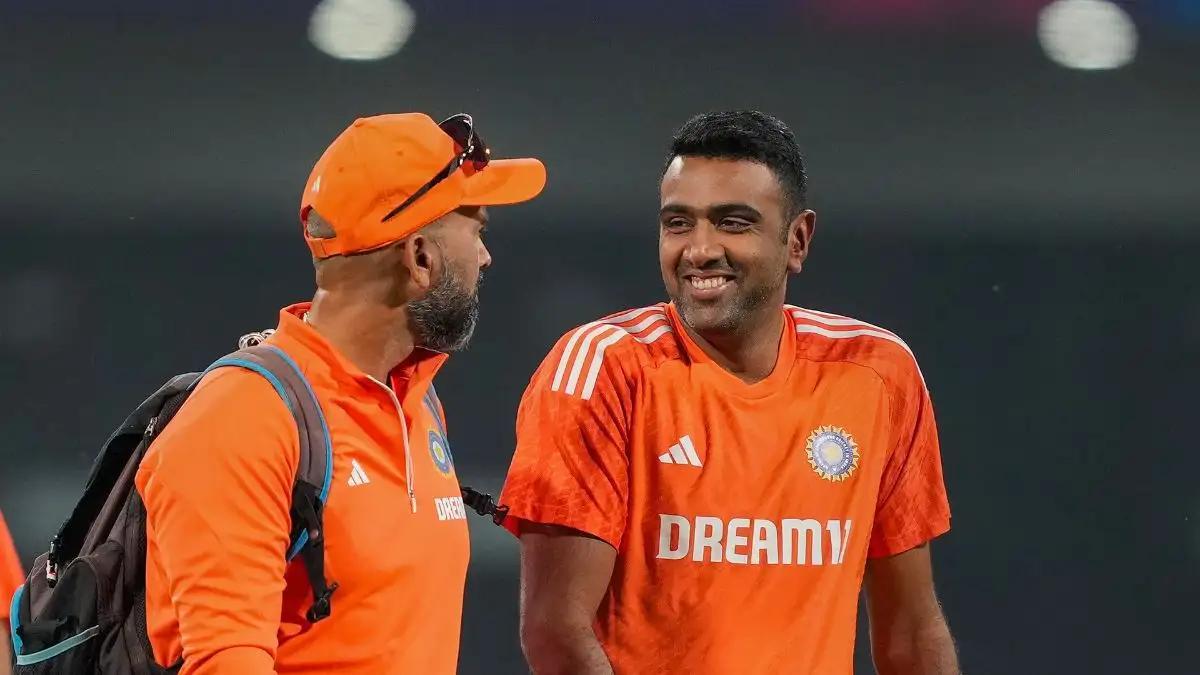
In a significant move aimed at enhancing stability among its leadership, the International Cricket Council (ICC) has recommended an extension to the term durations for its chairman and its Independent Director positions. Currently, these roles are subject to a cycle of three terms lasting two years each. However, under the newly proposed guidelines, they would shift to two terms lasting three years each. Although the overall tenure would remain unchanged at six years, this adjustment is expected to bring more continuity to these crucial roles.
This change, subject to approval, positions Jay Shah, who is slated to take over as the new ICC chairman, in a potentially extended leadership role. Shah, who has been elected unopposed, stands to serve two consecutive terms of three years, ensuring his presence at the helm until possibly 2030. This follows the path of the outgoing chairman, Greg Barclay, who successfully completed his tenure consisting of two terms over four years following his appointment in 2020. The Independent Director’s seat, meanwhile, has been left vacant following the departure of PepsiCo chair Indra Nooyi upon completion of her three terms.
The ICC anticipates that the restructured terms will afford the incumbents greater freedom to focus on their strategic objectives rather than being preoccupied with impending election campaigns every couple of years. This more prolonged period in office is expected to provide the positions with a secure foundation, boosting the efficiency and effectiveness of the council’s pivotal roles.
Simultaneously, the ICC has not lost sight of its broader objectives, extending its reach into women’s cricket through the ratification of the Women’s Future Tours Programme (FTP) for the 2025-2029 period. This marks the second such cycle for women’s cricket and will be officially unveiled in the days to follow.
. The ICC’s Chief Executives’ Committee also reached a consensus on adjusting the timing of the women’s annual rankings update, transitioning the traditional date from October 1 to May 1. Alongside this, women’s teams will now be required to have completed a minimum of eight matches, an increase from the previous six, in response to the substantial growth of international women’s cricket.
Moreover, a structural overhaul has been finalized regarding the standards for associate teams attaining ODI status. Presently consisting of 16 teams, including 11 full-member teams, the women’s cricket sector will witness the highest-ranked two Associate teams that reach the Women’s ODI World Cup qualifier earning this status. Three teams will gain status based on their T20I rankings, thus expanding competitive opportunities.
Looking ahead, the ICC has also approved the launch of two annual International T20 tournaments, set to commence between 2025 and 2028. Tailored to infuse substantial context into competitive play, these tournaments will feature 24 teams competing in anticipation of the 16-team ICC Women’s T20 World Cup slated for 2030. More information regarding these upcoming events is due for release in the near future as the ICC continues to foster a comprehensive and inclusive cricketing arena.
These strategic decisions align with the ICC’s trajectory towards both cementing influential leadership within its organizational structure and expanding the horizons of women’s cricket worldwide. The adjustments are emblematic of its commitment to enriching the sport and ensuring it meets the burgeoning demands of a global audience, underpinned by the assurance that capable, long-term leadership will steer its future trajectory. With these initiatives, the ICC not only aims to maintain the momentum but also to elevate cricket’s prominence across multiple platforms, catering to an encompassing spectrum of fans and players alike.










